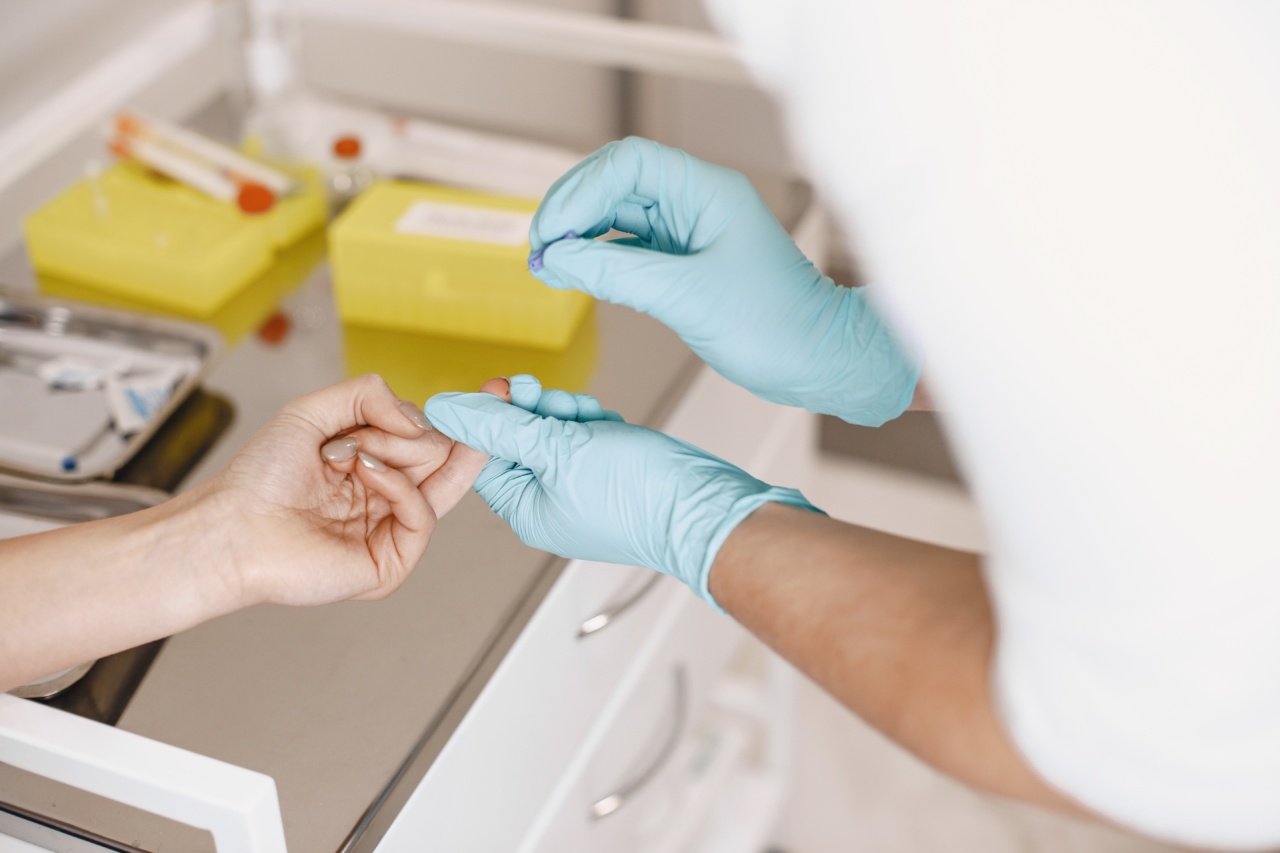Cardiometabolic diseases such as diabetes and dyslipidemia have become a significant burden on society.
In recent years, there have been several advances in cardiometabolic research aimed at improving prevention, diagnosis, and treatment of these diseases. In this article, we will review the latest updates in cardiometabolic research and how they can benefit patients with diabetes and dyslipidemia.
Updates in Diabetes Research
Diabetes is a metabolic disorder characterized by high blood sugar levels. There have been several recent developments in diabetes research aimed at improving diagnosis and treatment of the disease.
Artificial Intelligence and Diabetes Diagnosis
Artificial intelligence (AI) and machine learning are being used to develop new tools for diagnosing and monitoring diabetes.
For example, AI models can be trained to analyze retinal images to detect early signs of diabetic retinopathy, a common complication of diabetes. This can help doctors make earlier diagnoses and better manage the disease.
Continuous Glucose Monitoring (CGM)
CGM devices are wearable sensors that continuously measure glucose levels in interstitial fluid. Recent advances have improved their accuracy and made them easier to use.
CGM systems can provide valuable information to doctors and patients, such as identifying patterns in glucose levels and helping to fine-tune insulin doses.
New Insulin Therapies
Several new types of insulin therapies have been developed that improve the management of diabetes.
These include ultra-long-acting insulins that can last up to 42 hours, faster-acting insulins that can help patients achieve tighter glucose control, and oral insulins that could potentially replace injectable insulin.
Gene Editing for Type 1 Diabetes
Type 1 diabetes is an autoimmune disease in which the body’s immune system attacks and destroys the insulin-producing cells in the pancreas. Gene-editing technologies such as CRISPR-Cas9 are being tested as a potential cure for type 1 diabetes.
Researchers are exploring ways to use these technologies to edit the genes responsible for the autoimmune response and restore insulin production.
Updates in Dyslipidemia Research
Dyslipidemia is a condition characterized by elevated levels of lipids in the bloodstream, including cholesterol and triglycerides. High levels of these lipids can increase the risk of heart disease and stroke.
Recent advances in dyslipidemia research have focused on improving diagnosis and treatment of the condition.
Targeted Therapies
Targeted therapies are a new class of drugs that aim to reduce lipids levels by targeting specific molecules in the body. One example is PCSK9 inhibitors, which block a protein that regulates cholesterol levels in the blood.
These drugs have been shown to significantly lower LDL (bad) cholesterol levels and reduce the risk of cardiovascular events.
Novel Lipid-Lowering Agents
Several new drugs that can lower lipids levels are currently being tested in clinical trials. One example is bempedoic acid, which inhibits an enzyme involved in cholesterol synthesis.
Early results suggest that it can significantly reduce LDL cholesterol levels and may be useful in patients who cannot tolerate statins.
Genetic Testing for Familial Hypercholesterolemia
Familial hypercholesterolemia is an inherited condition that leads to high LDL cholesterol levels and an increased risk of cardiovascular disease.
Genetic testing can identify individuals who have this condition, allowing for earlier intervention and treatment. Personalized treatment plans can be developed based on the individual’s genetic profile and risk factors.
Digital Health Technologies for Dyslipidemia Management
There are several digital health tools that can aid in dyslipidemia management. These include mobile apps that help patients track their lipids levels and medications, and telemedicine programs that allow patients to consult with their doctors remotely.
These technologies can increase patient engagement and improve outcomes.
Conclusion
Advances in cardiometabolic research have led to significant progress in the diagnosis and treatment of diabetes and dyslipidemia. New technologies and therapies are improving patient outcomes and reducing the burden of these diseases on society.
Patients with diabetes and dyslipidemia should work closely with their healthcare providers to develop personalized treatment plans that incorporate the latest advances in cardiometabolic research.































